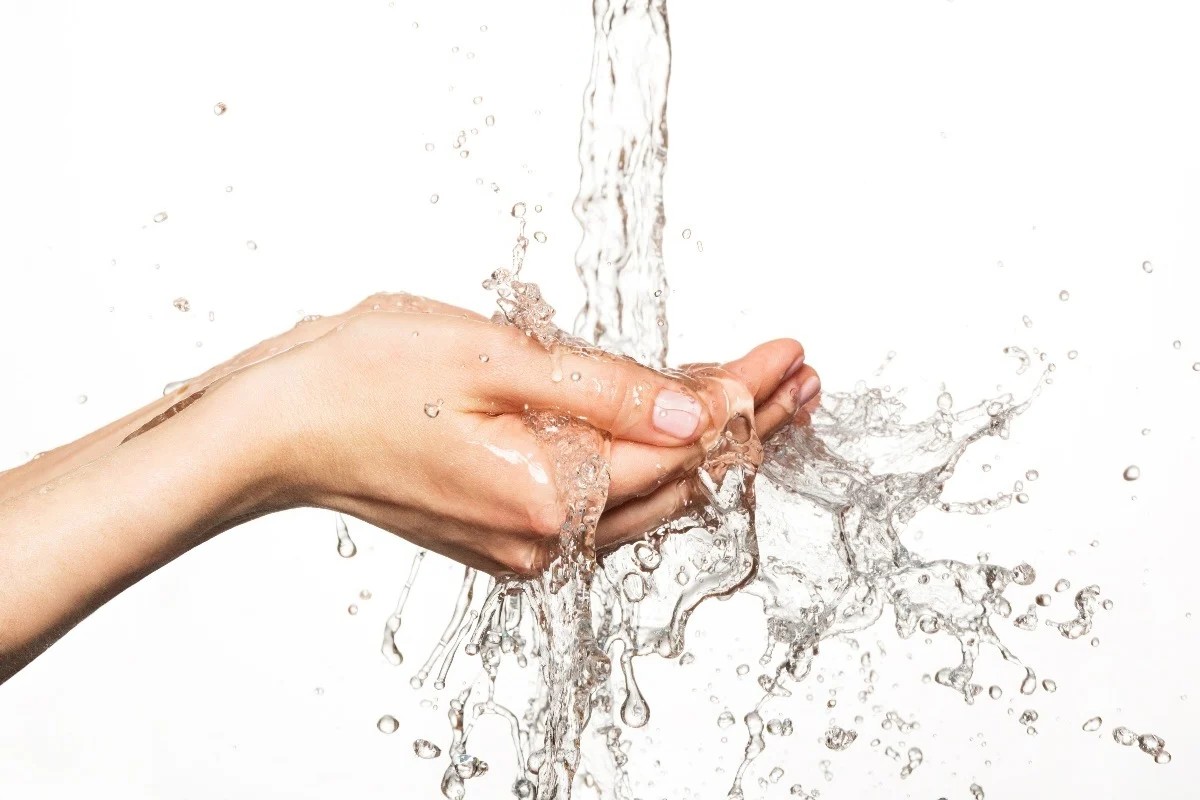
Washing machines have become an essential part of our daily lives, making laundry a breeze. But how much do you really know about these household heroes? Did you know the first washing machine was invented in 1851? From quirky historical facts to modern-day innovations, there's a lot to learn about these appliances. Ever wondered how much water a washing machine uses per load? Or what the most energy-efficient models are? This blog post will dive into 33 fascinating facts about washing machines that will surprise you and maybe even make you appreciate laundry day a bit more. Get ready to spin through some interesting tidbits!
The History of Washing Machines
Washing machines have revolutionized how we clean clothes. From hand-cranked devices to modern, smart appliances, their evolution is fascinating.
- The first washing machine was invented in 1767 by Jacob Christian Schäffer. This early model was hand-operated and made of wood.
- In 1858, Hamilton Smith patented the rotary washing machine, which used a hand crank to agitate clothes.
- The first electric washing machine, called the Thor, was introduced by Alva J. Fisher in 1908. It featured a drum and an electric motor.
- By the 1940s, automatic washing machines became more common, featuring timers and automatic water filling.
- The 1960s saw the introduction of the first front-loading washing machines, which used less water and energy than top-loaders.
Technological Advancements
Modern washing machines boast numerous technological advancements that make laundry day easier and more efficient.
- Today's washing machines often come with smart technology, allowing users to control them via smartphone apps.
- Many modern machines feature sensors that detect the size of the load and adjust water levels accordingly.
- Some washing machines now have built-in Wi-Fi, enabling remote monitoring and control.
- Eco-friendly models use less water and energy, helping to reduce environmental impact.
- Steam washing technology helps to remove tough stains and sanitize clothes without harsh chemicals.
Fun Facts About Washing Machines
Washing machines aren't just practical; they have some fun and quirky aspects too.
- The average washing machine lasts about 10 years.
- The fastest washing machine cycle can clean clothes in just 15 minutes.
- Washing machines can spin at speeds of up to 1,600 revolutions per minute (RPM).
- Some washing machines have a "hand wash" cycle, mimicking the gentle action of washing by hand.
- The largest washing machine in the world can handle up to 100 kg of laundry in one go.
Environmental Impact
Washing machines play a significant role in household energy and water consumption.
- Older washing machines can use up to 150 liters of water per load, while modern machines use as little as 50 liters.
- Energy-efficient washing machines can save up to 25% on electricity bills.
- Using cold water instead of hot can reduce energy consumption by up to 90%.
- Front-loading washing machines are generally more water and energy-efficient than top-loading models.
- Many washing machines now come with eco-friendly cycles that use less water and energy.
Washing Machine Myths
There are several myths about washing machines that need debunking.
- Myth: More detergent means cleaner clothes. Fact: Excess detergent can leave residue and damage fabrics.
- Myth: Hot water is always better for cleaning. Fact: Cold water can be just as effective and is gentler on clothes.
- Myth: Washing machines clean themselves. Fact: Regular maintenance and cleaning are necessary to prevent mold and odors.
- Myth: All fabrics can be washed in the same cycle. Fact: Different fabrics require different settings to avoid damage.
- Myth: Overloading the machine saves time and energy. Fact: Overloading can reduce cleaning efficiency and strain the machine.
Interesting Uses
Washing machines have been used in some unexpected ways beyond cleaning clothes.
- In the 1960s, NASA used modified washing machines to test spacesuit durability.
- Some artists use washing machines to create unique spin art.
- Washing machines have been repurposed as compost tumblers for gardening.
- In some parts of the world, washing machines are used to wash vegetables and fruits.
- Engineers have used washing machine motors in DIY projects, such as building wind turbines.
Innovations on the Horizon
The future of washing machines looks promising with ongoing innovations.
- Researchers are developing washing machines that use ultrasonic waves to clean clothes without water.
- Some companies are working on machines that can fold clothes after washing and drying them.
- Future washing machines may feature AI technology to automatically select the best cycle based on fabric type and stain level.
The Final Spin
Washing machines have come a long way from their humble beginnings. From the first hand-cranked models to today's smart, energy-efficient machines, they’ve revolutionized how we handle laundry. Knowing some quirky facts, like how the average family does 8-10 loads a week or that the first electric washing machine was invented in 1908, adds a fun twist to this everyday chore.
Understanding these machines better can help you make smarter choices, whether you're buying a new one or just trying to get the most out of your current model. Remember, regular maintenance can extend the life of your machine and save you money in the long run.
So next time you toss in a load, think about the fascinating history and technology behind that trusty appliance. It’s more than just a machine; it’s a testament to human ingenuity and convenience. Happy washing!
Was this page helpful?
Our commitment to delivering trustworthy and engaging content is at the heart of what we do. Each fact on our site is contributed by real users like you, bringing a wealth of diverse insights and information. To ensure the highest standards of accuracy and reliability, our dedicated editors meticulously review each submission. This process guarantees that the facts we share are not only fascinating but also credible. Trust in our commitment to quality and authenticity as you explore and learn with us.
